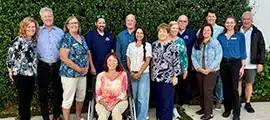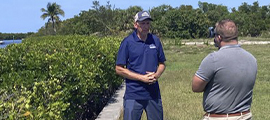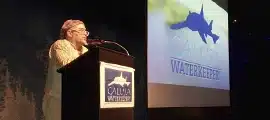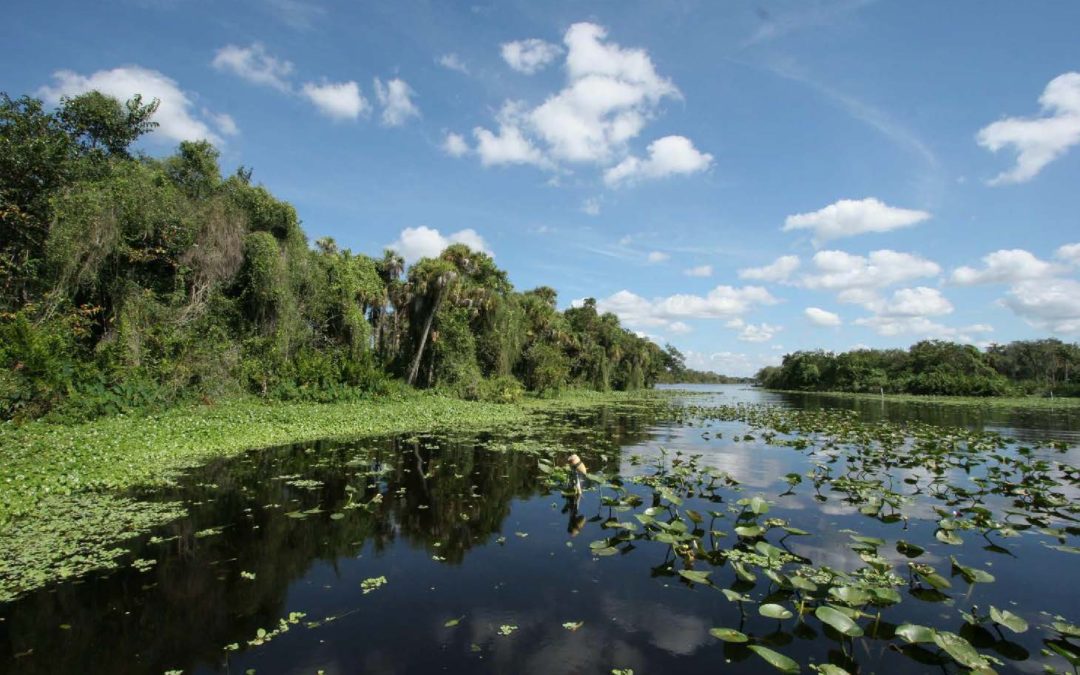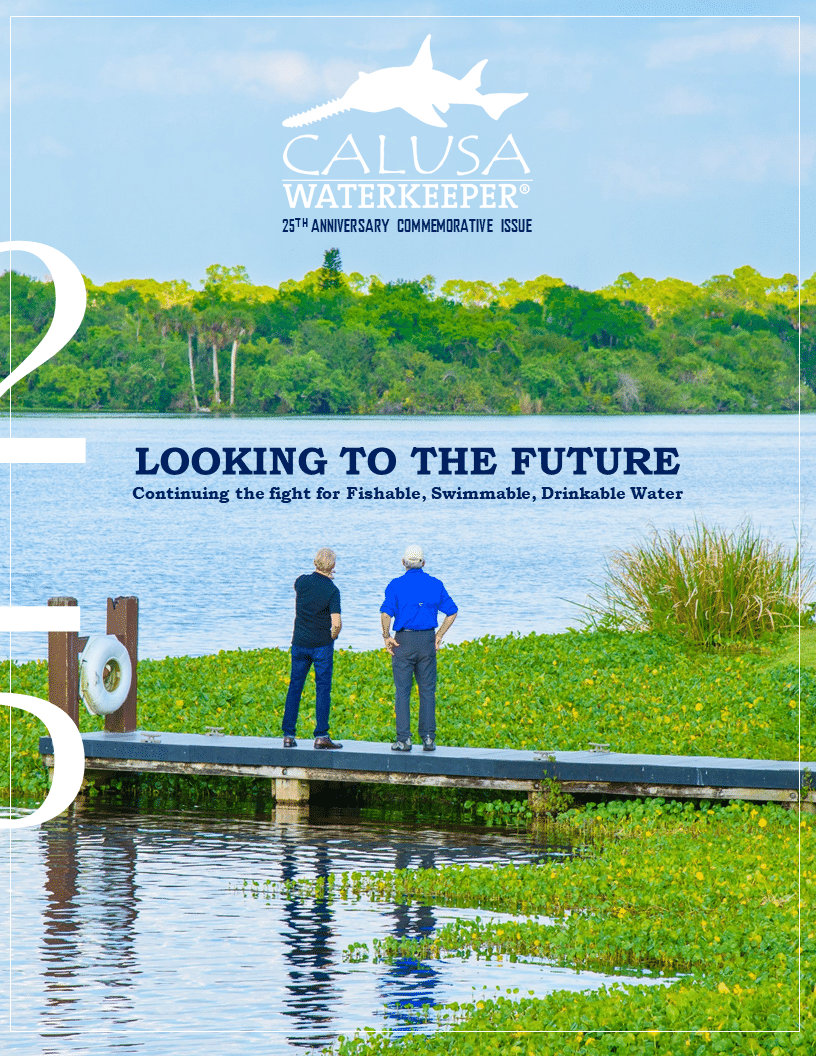SWFL clean water non-profit takes stock and looks to the future
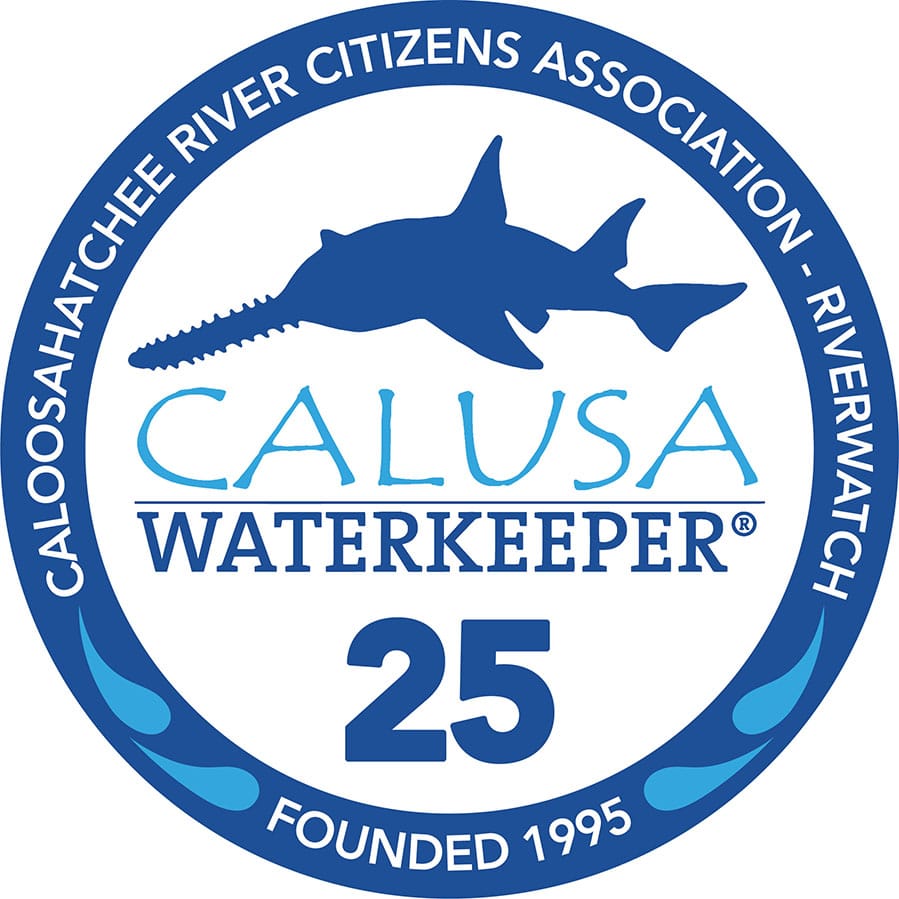
Despite these advances, the River’s prognosis is not rosy due to the pernicious effects of Climate Change, bringing increasingly warming waters, extreme precipitation events and severe droughts. On top of this, the River and watershed suffer from nutrient overloading, wetland reduction, an aquifer threatened by over-consumption, and sewage plants and infrastructure strained to the limit by an exploding population base. And so, today, Calusa Waterkeeper’s mission to restore the River remains unfulfilled and success is far from guaranteed.
Clear-eyed and determined to meet these challenges, Calusa Waterkeeper is doubling down on testing, advocacy, education and regulatory reform. This year, thanks to a grant from the Southwest Florida Community Foundation, the organization will expand beyond its extensive work on HABs into the more general nexus of water quality and public health, with a focus on widespread bacterial contamination of our waterways and specific case studies on Billy’s Creek and Estero Bay. The organization will also produce a follow-up documentary to “Troubled Waters” tentatively entitled “Tainted Waters.”
CWK Executive Director KC Schulberg stated, “None of us has a crystal ball to gaze 25 years into the future. But it’s clear that barring enactment of strong corrective measures – far stronger than those we have seen thus far – the next quarter-century will likely see further degradation of our River, consequential environmental devastation, challenges to our health, our tourism and quality of life, and the very real possibility that large swaths of our state may be submerged. That is why, for us and for our community, it is all hands on deck.”
Calusa Waterkeeper (CWK) is a donation, member and grant-supported Fort Myers-based 501(c)3 whose mission is to “Protect and Restore the Caloosahatchee River from Lake Okeechobee to the Coastal Waters.” CWK’s project area covers more than 1,000 square miles of water, and its work includes testing and reporting, regulatory advisories, educational and community outreach and public advocacy. CWK is a member of the international Waterkeeper Alliance, the largest and fastest-growing nonprofit solely focused on clean water, with more than 300 Waterkeeper Organizations and Affiliates on the frontlines of the global water crisis, patrolling and protecting more than 2.5 million square miles of rivers, lakes and coastal waterways on six continents. 2020 marks the 25th year since the founding of CWK, and the 5th year working with the Waterkeeper Alliance.

